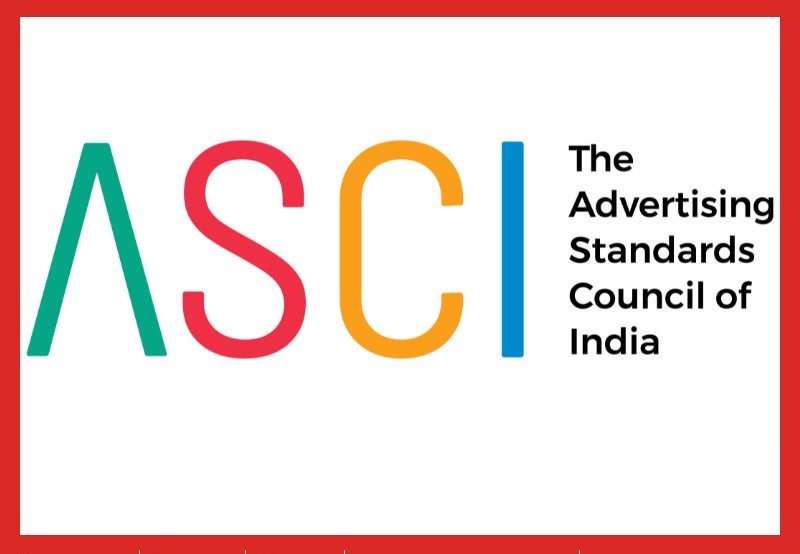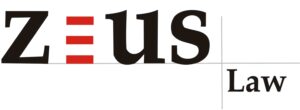ASCI implements guidelines for “Dark Pattern” Advertisement
By Jayshree Navin Chandra and Ansuman Mishra, ZEUS Law Associates
The Advertising Standards Council of India (ASCI) recently introduced the Guidelines for Online Deceptive Design Patterns in Advertising (“ODDP Guidelines”) to regulate deceptive practices in the advertisement realm in terms of the prescriptions under Chapter 1 of the Code for Self-Regulation of Advertising Content in India. The Code requires advertisements to not be misled by omission, exaggeration, implication, or ambiguity. These guidelines, which came into effect on 1st September 2023, aim to uphold the principles of honesty in advertisements and prevent the abuse of consumer’s trust laid down in the Code.
The ODDP Guidelines are built upon the discussions initiated by ASCI through their paper titled “Dark Patterns – the New Threat to Consumer Protection”, published in 2022. Dark patterns are practices and tactics adopted by businesses within the digital realm, primarily in online user interfaces, that undermine consumer independence and autonomy and deceptively influence their decision-making. These practices frequently involve trickery, coercion, or manipulation and are likely to harm or disadvantage the consumers in varied ways even though it is often difficult to ascertain or measure the same. While it may be challenging to quantify the extent of the harm in some cases, these strategies are aimed at steering individuals toward choices that are not in their best interest.
The ultimate end goal is to trick the consumers into doing things that they would otherwise not do or do in lesser frequency for business advantage, viz. getting users to buy, buy more of, or continue to buy a good or service; or spend more money on a good or more time on a service, or give up more data than desired.
Dark patterns have become increasingly prevalent and involve manipulating user interfaces and user experience designs and online decision-making structures to influence consumer choices in the digital space, including within online marketplaces. False or paid-for reviews misguide choices, leading to personal and financial losses, while privacy breaches and psychological stress add to the toll. With the rapid growth of the Indian e-commerce sector, dark patterns have become an increasing area of consumer vulnerability where the consumers are left to grapple with the consequences of choices influenced by forces beyond their awareness or control.
ASCI and the Department of Consumer Affairs have expressed concerns regarding these practices, leading to the issuance of the ODDP guidelines. Their primary objective is to ensure that consumers are not coerced or led into unintended actions without their clear and genuine consent, or through deceitful means.
 The ODDP Guidelines apply to all forms of advertising content in the digital sphere spanning across various mediums including e-commerce, digital media, airline services, food delivery, and more, on apps and websites and communication facilitated by or through wide spectrum of platforms such as the internet, on-demand platforms, mobile broadcasts, digital home entertainment, terrestrial television, and other similar channels.
The ODDP Guidelines apply to all forms of advertising content in the digital sphere spanning across various mediums including e-commerce, digital media, airline services, food delivery, and more, on apps and websites and communication facilitated by or through wide spectrum of platforms such as the internet, on-demand platforms, mobile broadcasts, digital home entertainment, terrestrial television, and other similar channels.
To ensure the advertisers do not breach the Code the ODDP Guidelines regulate the digital advertisements that adopt drip pricing, bait and switch, false urgency, and disguised advertisement practices for e-marketing.
Drip Pricing – Drip Pricing is a deceptive practice where certain price components are concealed until the very end of the purchasing process or after purchase confirmation. To prevent drip pricing the prices quoted in advertisements and e-commerce platforms must encompass all non-optional taxes, duties, fees, and charges that are applicable to all or most buyers. Such transparency is crucial to avoid confusion about the final price and enable easy price comparisons.
Bait and Switch – Advertisements can be misleading if ads or their elements suggest one outcome based on consumer actions but deliver a different result, viz. customers selecting a product at a specified price but being charged a higher amount later, offering an enticing product and then claiming it to be out of stock while proposing an alternative, or altering the function of familiar symbols, like changing the meaning of an ‘X’ in an ad’s top right corner. Such misrepresentations can confuse consumers.
False Urgency – Often advertisements mislead the consumers stating or implying that the availability of a particular product or service is more limited than it actually is. For instance, advertising airline seats at a certain price implies limited availability when there are more seats left. In such cases, advertisers must demonstrate that, at the time of conveying limited availability and resulting urgency, the product or service was genuinely scarce to avoid misleading consumers.
Disguised Ads – Advertisements presented in a format resembling editorial or organic content must unmistakably disclose their status as ads. This applies to various scenarios, including influencer posts, paid reviews, and ads designed to mimic editorial content. The aim is to ensure that consumers can distinguish between genuine content and promotional material.
These guidelines, jointly released by the Department of Consumer Affairs and the ASCI, reflect the collaborative effort to prioritize consumer protection by addressing deceptive advertisement practices that manipulate consumer choices and hinder their right to access accurate information.
(This Article is solely for information purposes, does not constitute legal or professional advisory, and should not be relied upon or used as a substitute for legal advice from an attorney.)
 About the Authors: Jayshree Navin Chandra, Senior Partner at ZEUS Law, has been a practicing lawyer since 2001 with extensive corporate and transactional advisory experience. She advises and represents clients ranging from Fortune 500 companies to start-ups as well as Central and State Government departments and public bodies in a wide range of domestic and cross-border transactions, across industries in practice areas including Corporate and Company Law, M&A and Joint Venture, Private Equity, FDI & FII, Real Estate and Infrastructure, Data privacy and protection, Intellectual Property & Commercial Law Advisory.
About the Authors: Jayshree Navin Chandra, Senior Partner at ZEUS Law, has been a practicing lawyer since 2001 with extensive corporate and transactional advisory experience. She advises and represents clients ranging from Fortune 500 companies to start-ups as well as Central and State Government departments and public bodies in a wide range of domestic and cross-border transactions, across industries in practice areas including Corporate and Company Law, M&A and Joint Venture, Private Equity, FDI & FII, Real Estate and Infrastructure, Data privacy and protection, Intellectual Property & Commercial Law Advisory.
Mr. Ansuman Mishra is an Associate at ZEUS Law and works in the Corporate and Commercial practice vertical.
 ZEUS Law Associates is an ISO-certified full-service corporate commercial law firm with a team of dedicated and experienced lawyers well-versed in handling domestic and cross-border transactions across sectors, jurisdictions, and regulatory landscapes. The firm’s practice areas include Corporate and Company Law, M&A and Joint Venture, Private Equity, FDI & FII, Real Estate and Infrastructure, Intellectual Property and Commercial Law, Litigation, Alternate Dispute Resolution, Indirect Tax, and NRI Services.
ZEUS Law Associates is an ISO-certified full-service corporate commercial law firm with a team of dedicated and experienced lawyers well-versed in handling domestic and cross-border transactions across sectors, jurisdictions, and regulatory landscapes. The firm’s practice areas include Corporate and Company Law, M&A and Joint Venture, Private Equity, FDI & FII, Real Estate and Infrastructure, Intellectual Property and Commercial Law, Litigation, Alternate Dispute Resolution, Indirect Tax, and NRI Services.



